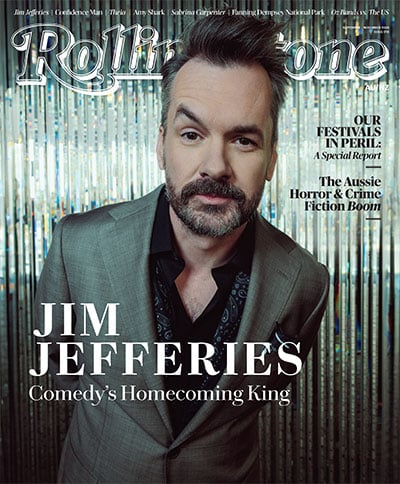The top spot on the annual triple j Hottest 100 is one of the most coveted accolades in Australian music. It’s made household names of artists like Chet Faker and Vance Joy and primes you for the biggest year of your career.
But is a Hottest 100-topping song just a total crapshoot or are there certain metrics that all the songs that have won or done well in the Hottest 100 share? According to one Australian economist, there’s something to be said for the latter.
Writing for the Financial Review, Liam Lenten, a lecturer in microeconomics at La Trobe University, has identified several song and artist characteristics that are “associated with finishing in higher positions in the Hottest 100”.
Working with Dr Jordi McKenzie from Macquarie University, Lenten first began by researching whether songs that achieved some popularity in the ARIA charts have seen that popularity translate into a better Hottest 100 position.
Unsurprisingly, the correlation between ARIA chart popularity and relatively high placement in the Hottest 100 is approximately 40 percent, based on the duo’s scoring method. However, this trend has weakened in recent years.
Lenten and McKenzie then tried to explain the popularity of the remaining 60 percent by estimating “econometric models with data on the 2300 songs that made the Hottest 100 since the inaugural annual vote for songs of 1993”.
Obviously, one of the most advantageous characteristics is having high promotion and airplay on triple j, especially being selected as one of the station’s feature albums. Until 2014, being on the Big Day Out lineup was also a boon.
Love Indie?
Get the latest Indie news, features, updates and giveaways straight to your inbox Learn more
“Early alphabetical ordering of the song” is also an advantage. In other words, voters most often browse the online voting catalog by song and not by artist, so songs that begin with A or B, for instance, are more likely to garner votes.
Being Australian also gives you an advantage. This is closely related to the high rotation characteristic, since triple j purposely promotes homegrown artists. Basically, being Aussie makes you more likely to get airplay and thus more likely to end up in the countdown.
Other factors that could have an impact include when the song was released during the year and the level of success the artist had previously achieved in the Hottest 100. Interestingly, the only identified disadvantage was if the song was a cover.
Lenten concedes that the models he and McKenzie used only account for 14 percent of the remaining variation, so don’t go renaming all of your songs to begin with the letter A. Follow the advice of Tony ‘Jack The Bear’ Mantz and just write a good song.



































